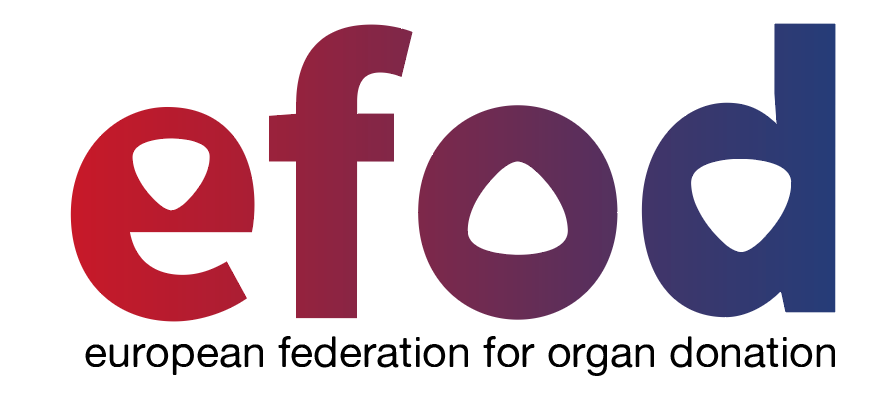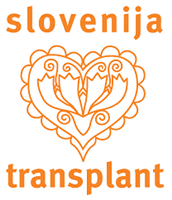National legislation on organ donation
Main law references
In Slovenia, according to Art. 3, the principle of equal access to treatment is applied. If it is not possible to find a suitable recipient for a transplant in the Republic of Slovenia, it can be donated to a foreign legal entity with which there is mutual cooperation in the exchange of organs and tissues. As stated in Art. 8, as a rule, only regenerating tissue can be taken from a living donor. Notwithstanding this provision, a single kidney or part of a liver may be removed from a living donor for transplantation into a person to whom the donor is genetically, familiarly or emotionally related, if the deceased donor’s organ cannot be obtained within a reasonable time or if the use of the living donor’s organ provides a significantly better therapeutic option than other forms of replacement therapy for end-stage renal or liver failure. Procurement is subject to prior approval by the Transplantation Ethics Committee. According to Art. 14, the removal of an organ or tissue from a deceased person for transplantation purposes can take place if the person is the holder of a Special Donor Card issued by the Slovenian Red Cross or an organisation authorised by the Minister of Health.
Expression of consent or dissent to the donation and organs that can be donated
As stated in Art. 6, a transplant can only be performed with the written consent of the recipient prior to the procedure. In the case of a minor without full legal capacity or an adult deprived of full legal capacity by a court order, consent is established by the legal representative.
According to Art. 10 and 11, consent may be withdrawn by the donor up to the time of the procedure and under no circumstances may an organ or tissue be removed if the donor objects.
According to Art. 9, all procedures for the collection, storage and use of haematopoietic stem cells are subject to regulations issued by the Minister of Health.
In Slovenia, organs and tissues of a deceased person who is a citizen of the Republic of Slovenia and/or a resident of the Republic of Slovenia can be removed for transplantation purposes even if the person has not expressly consented to the removal, provided he has not expressly denied it. If there is conflicting information on the deceased’s position on donation, the donation may not be performed.
Notwithstanding the previous paragraph, the removal of organs and tissues from a deceased person will not be carried out if a family member objects. If a person is willing, they will be informed of the planned removal and will be able to exercise their right to refuse. This person will be given a reasonable time to accept or refuse. (Art. 15 TACITUS ABSENCE)
The donation and transplantation of organs, tissues and cells are based on the principles of voluntary and unpaid donation, altruism, professionalism, efficiency, ethics and transparency.
Donable organs
In Slovenia it is possible to donate the following organs: heart, lungs, liver, kidneys and pancreas. Tissues and cells that can be donated are corneas, skin, bones, cartilage, tendons, ligaments, haematopoietic stem cells, blood cells, heart valves and vessels.
Therapeutic transplantation of organs and tissues is also available to all citizens of the Republic of Slovenia (RS) who need this form of treatment and are registered on the waiting list maintained by the national transplantation network.
The network consists of 11 donor hospitals, including 9 general hospitals and 2 university medical centres, a transplant centre run within the University Medical Centre (UMC) Ljubljana, a tissue typing centre and the Institute of the Republic of Slovenia for Organ and Tissue Transplantation, Slovenia Transplant (ST). The creation of the national transplantation network has strengthened cooperation between hospitals, making organ procurement possible throughout Slovenia.
National laws on organ donation



